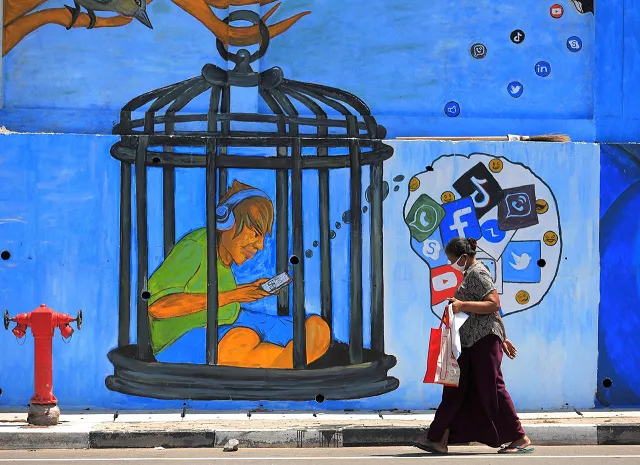Covid-19 and our response strategy
This crisis provides an ideal opportunity for the government to bridge the gap between the state and society
Since March 16, Pakistan has been facing the onslaught of Covid-19 which continues to wreak havoc with the country’s already frail economy.On March 30, PM Imran Khan, in his address to the nation, laid out a response strategy comprising three pillars. The first involved setting a voluntary Corona Relief Tiger Force (CRTF) at the district level across the country. The force would identify and assist the needy and spread awareness about the pandemic at the grassroots level.
Second is the Prime Minister’s Covid-19 Pandemic Relief Fund-2020 seeking public donations from inland and expatriate Pakistanis. The fund is linked to the government’s ongoing poverty eradication project, Ehsaas, which expects to cater to 2.2 million people during the crisis. According to the PM, the fund will be auditable, and distribution from it will be transparent. Furthermore, individual donors will not be queried about their sources of funds, and a tax deduction would also be granted to those who would claim it in their tax returns. People could register to receive assistance through the Ehsaas Facebook page, and likewise, donors could also register with Ehsaas. The programme will act as a liaison by connecting donors and recipients in nearby localities.
The third pillar deals with the economic side of the crisis, where the PM promised the provision of soft loans for those private businesses who would not lay off their employees. The government’s actions so far have been swift. The Pandemic Relief Fund was activated within 24 hours, while the CRTF received 90,000 applications within 48 hours.
While the response strategy is a well-conceived one, it is fraught with challenges which need to be overcome deftly. For example, maintaining an expectedly large force of volunteers and imparting training and providing medical gears to them is an uphill task. Secondly, the entire strategy is built around a relief fund, which is difficult to realise at this critical moment. People may not be willing to donate since they are grappling with the possibility of unemployment during this global pandemic. Moreover, previous experiences with such funds have not been very encouraging. While people have contributed generously to such funds that were announced in the past two decades, they did not witness its trickle-down effects. The latest was the Diamer-Basha and Mohmand Dams Fund (July 2018) which raised Rs12 billion under the incumbent government. However, where the amount was utilised remains unknown. The core challenge here is the trust deficit between the state and society, which the present government needs to bridge for the relief programme to be successful. So what are the government’s options?
The PM should encourage rich entrepreneurs in Pakistan, especially those from his party, to contribute to the fund. This will encourage the public to also donate to the government relief fund.
Second, Pakistan should take visible action against hoarders if the incumbent government wishes to build its image and win the trust of the masses.
While the promise of soft loans may not be appealing to private business owners, perhaps a limited tax waiver or rebate could encourage them to retain their employees during the crisis.
Pakistan also needs to be mindful of its obligations under the FATF. It would create issues if people contributing to the fund are not questioned about the sources of their income. Moreover, welfare organisations included in the programme need to be properly screened so as to avoid any FATF debacle.
This crisis provides an ideal opportunity for the government to bridge the gap between the state and society. Given Pakistan’s socio-economic challenges, only public support and confidence can help usher the state through these challenging times.
Published in The Express Tribune, April 11th, 2020.
Like Opinion & Editorial on Facebook, follow @ETOpEd on Twitter to receive all updates on all our daily pieces.


COMMENTS
Comments are moderated and generally will be posted if they are on-topic and not abusive.
For more information, please see our Comments FAQ